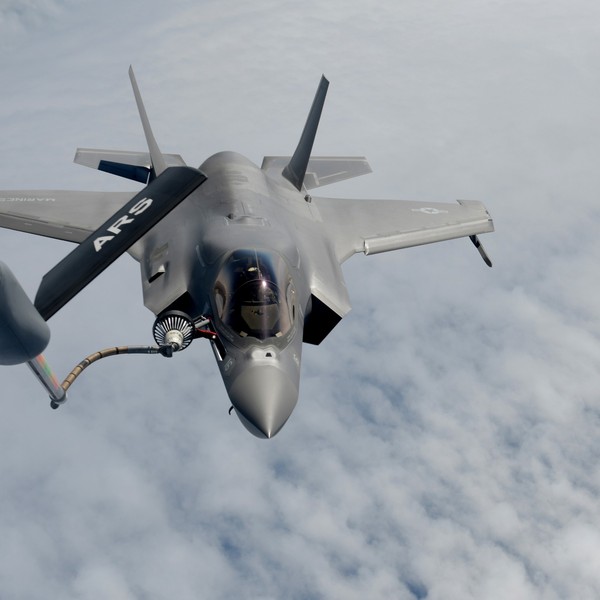Last week, the Department of Defense revealed that it had failed its fifth consecutive audit.
“I would not say that we flunked,” said DoD Comptroller Mike McCord, although his office did note that the Pentagon only managed to account for 39 percent of its $3.5 trillion in assets. “The process is important for us to do, and it is making us get better. It is not making us get better as fast as we want.”
The news came as no surprise to Pentagon watchers. After all, the U.S. military has the distinction of being the only U.S. government agency to have never passed a comprehensive audit.
But what did raise some eyebrows was the fact that DoD made almost no progress in this year’s bookkeeping: Of the 27 areas investigated, only seven earned a clean bill of financial health, which McCord described as “basically the same picture as last year.”
Given this accounting disaster, it should come as no surprise that the Pentagon has a habit of bad financial math. This is especially true when it comes to estimating the cost of weapons programs.
The Pentagon’s most famous recent boondoggle is the F-35 program, which has gone over its original budget by $165 billion to date. But examples of overruns abound: As Sens. Jim Inhofe (R-Okla.) and Jack Reed (D-RI) wrote in 2020, the lead vessel for every one of the Navy’s last eight combatant ships came in at least 10 percent over budget, leading to more than $8 billion in additional costs.
And another major overrun is poised to happen soon, according to a recent report from the Congressional Budget Office.
The Navy plans to expand its ship production in an effort to maintain an edge over China, with a particular focus on a new attack submarine and destroyer ship. The Pentagon has proposed three versions of this plan at an average cost of $27 billion per year between 2023 and 2052, a 10 percent jump from current annual shipbuilding costs.
But the CBO says this is a big underestimate. The independent agency’s math says the average annual cost of this shipbuilding initiative will be over $31 billion, meaning that the Navy is underestimating costs by $120 billion over the program’s life.
As Mark Thompson of the Project on Government Oversight recently noted, these overruns “shouldn’t come as a shock” to anyone who has paid attention to DoD acquisitions in recent years. “But it does suggest a continuing, and stunning, inability by the Navy to get its ducks, and dollars, in a row,” Thompson wrote.
So will the Pentagon manage to get its financial house in order any time soon? It’s possible, if a bit unlikely.
Despite the long odds, a bipartisan group of lawmakers led by Sen. Bernie Sanders (I-Vt.) proposed a bill last year that could help make that happen. The legislation would cut one percent off the top of the budget of any part of the Pentagon that fails an audit. That means that, if the proposal had already passed, 20 of the agency’s 27 auditing units would face a budget cut this year.
Unfortunately, momentum around that bill appears to have fizzled out, leaving the Pentagon’s accountants as the last line of defense. Per Comptroller McCord, the DoD hopes to finally pass an audit by 2027, a mere 14 years after every other agency in the U.S. government blew past that milestone. That may coincide with another historical moment, according to Andrew Lautz of the National Taxpayers Union.
“[W]e could reach a $1 trillion defense budget five years sooner [than the CBO estimates], in 2027,” Lautz wrote.
Responsible Statecraft’s independent, authentic journalism promotes democratic accountability and poses a transpartisan challenge to militaristic foreign policy! Responsible Statecraft is the online magazine of the Quincy Institute(QI). Please help us lift up new voices of realism and military restraint with your 100% tax-deductible donation to the Quincy Institute in support of Responsible Statecraft. Donate here.















